|
To mark International Women’s Day, we hear from seven Bangladeshi and Rohingya women supported by Community Partners International, who provide essential services to Rohingya refugees and Bangladeshi communities in and around Kutupalong Refugee Camp, Bangladesh.
On International Women’s Day, we hear from Naw Mar Mar Cho, Director of the Thandaunggyi Women’s Group, about the challenges facing women in remote and conflict-affected communities in southeastern Myanmar and how her organization is helping push back against gender-based and domestic violence and exclusion.
Safe Births in Unsafe Places: Supporting Pregnant Women and Newborns in Myanmar’s Conflict Zones1/24/2024
Despite conflict forcing half of their clinics to relocate and restricting their ability to travel, the Thaundaunggyi Women’s Group is adapting to provide women in eastern Myanmar with essential sexual and reproductive health services. But conflict and deep poverty are taking a profound toll on the families they serve.
When May*, a female sex worker in Yangon, Myanmar, found out she was HIV positive, she was devastated. Limited awareness of HIV, and the illegality and stigmatization of sex work, puts female sex workers and their clients at greater risk. Research indicates that one in six female sex workers in Yangon is HIV positive.
As World Humanitarian Day approaches, we hear from Rohingya and Bangladeshi humanitarian workers, supported by Community Partners International (CPI), providing essential services to refugees and local communities in Kutupalong Refugee Camp, Bangladesh.
The Young Men’s Christian Association (YMCA) in Nay Pyi Taw, Myanmar, provides free health care services to around 10,000 people with Community Partners International (CPI)’s support. They have diversified into organic farming, livestock rearing, and food products to help fund their health care activities and provide better nutrition to the communities they serve.
Against the backdrop of conflict, political turmoil, and economic crisis in Myanmar, a social enterprise supported by Community Partners International (CPI) is piloting a new approach to health care, bringing sustainable, affordable, high-quality primary health services within reach of low-income households.
In 2021, Community Partners International (CPI) began working with Rohingya traditional birth attendants in Kutupalong Refugee Camp, Bangladesh, to encourage pregnant refugee women to give birth safely in health facilities. The results are astonishing.
Children are suffering as conflict engulfs Myanmar (Burma). Chae, 33, whose youngest child is acutely malnourished, tells of the struggle to keep her children healthy.
Around the world, displaced women and girls face challenges accessing good menstrual hygiene. To mark World Menstrual Hygiene Day, we speak to Sweety and Naznin, about their work to help Rohingya refugee women and girls in Kutupalong Refugee Camp, Bangladesh, access hygiene and sanitation during menstruation.
|
AuthorCPI Admin Archives
July 2024
Categories
All
|
|
|
COMMUNITY PARTNERS INTERNATIONAL
580 California St Fl 16, Ste 1658, San Francisco, CA 94104-1068, USA [email protected] +1 510 225 9676 We are a registered nonprofit 501(c)(3) Public Charity. TAX ID 94-3375666 |
©
Community Partners International

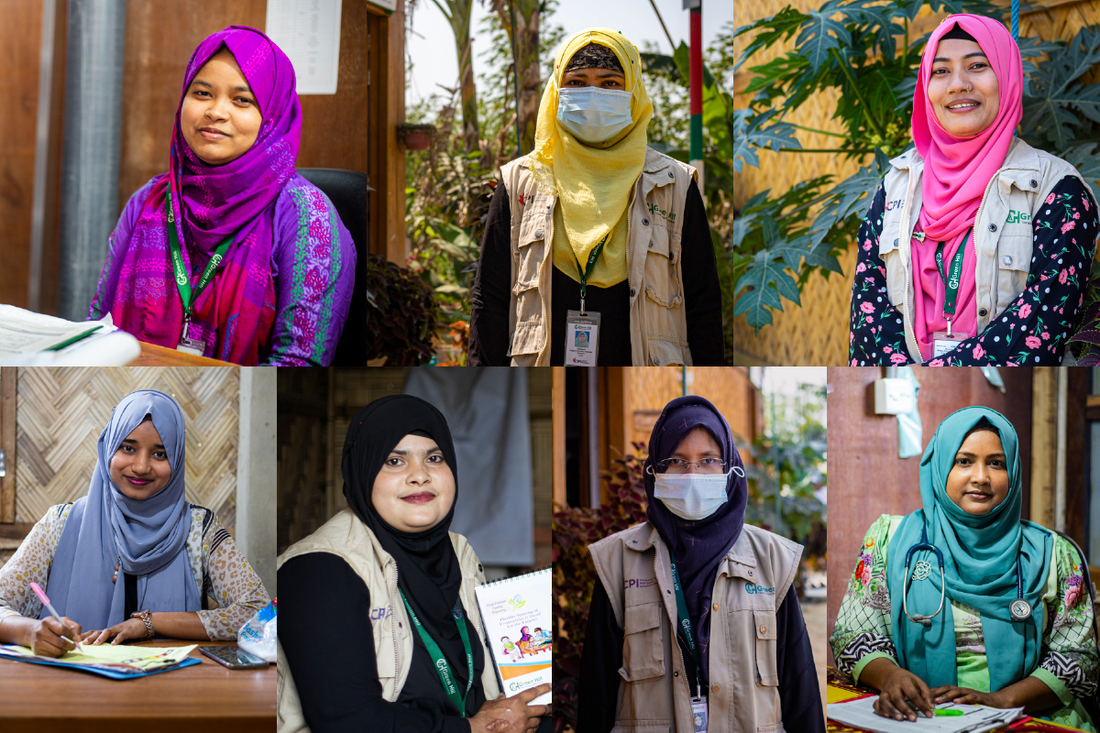
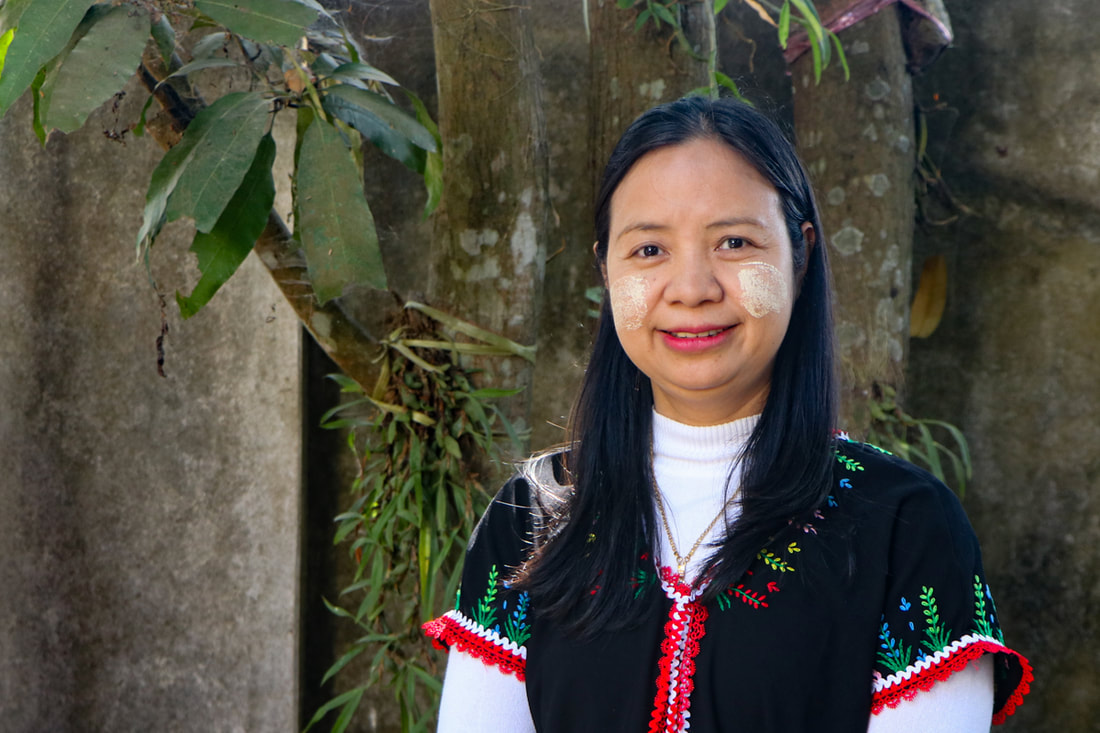
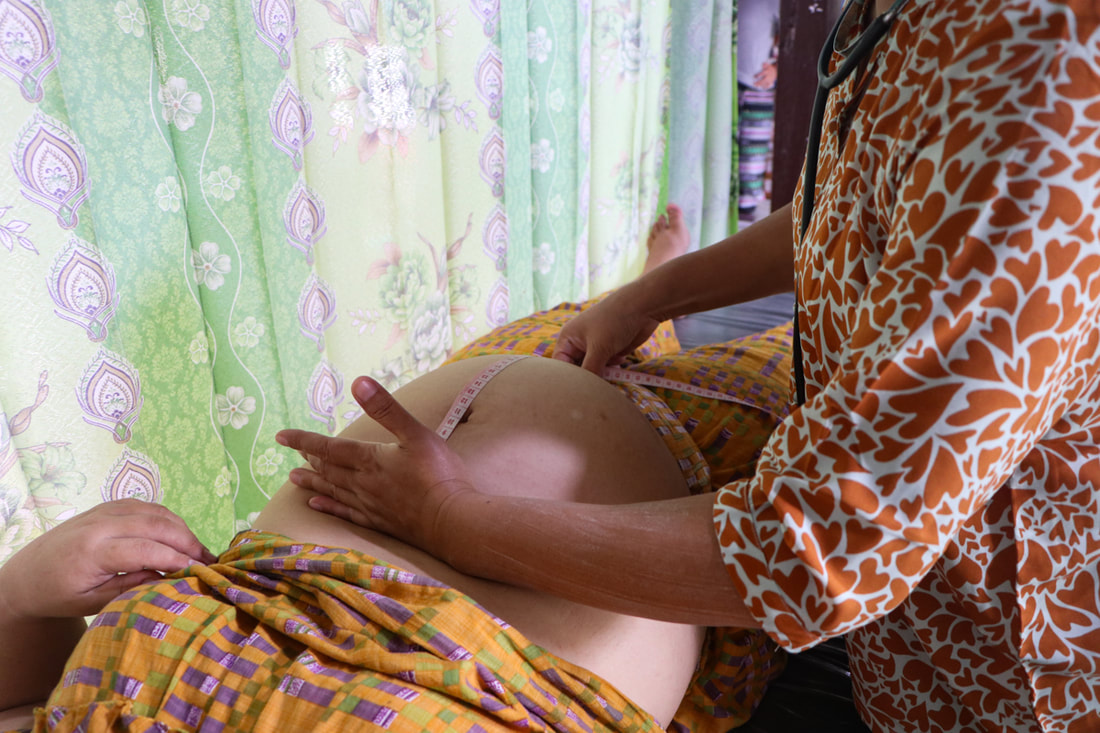
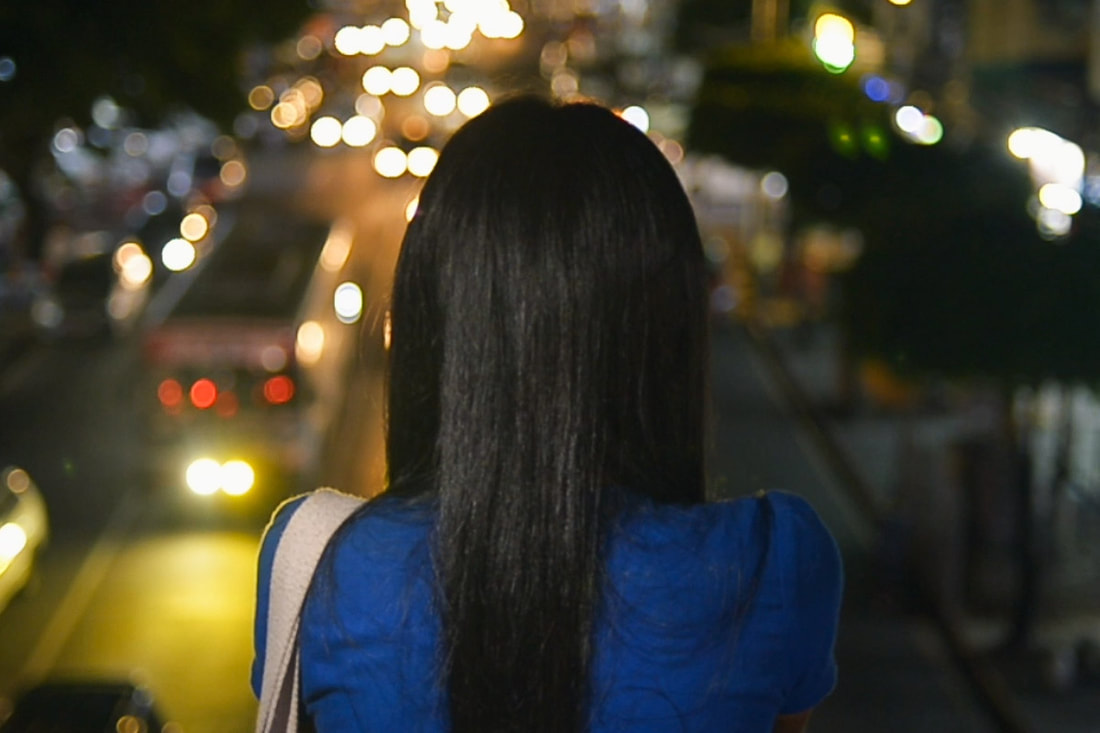
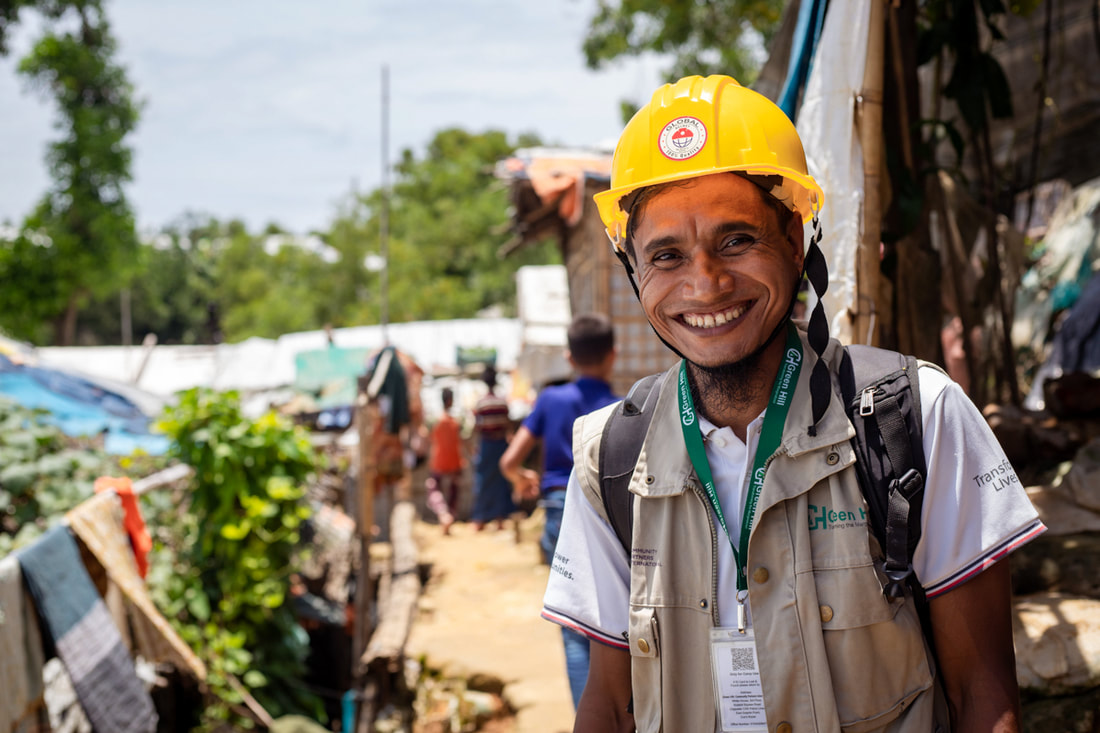
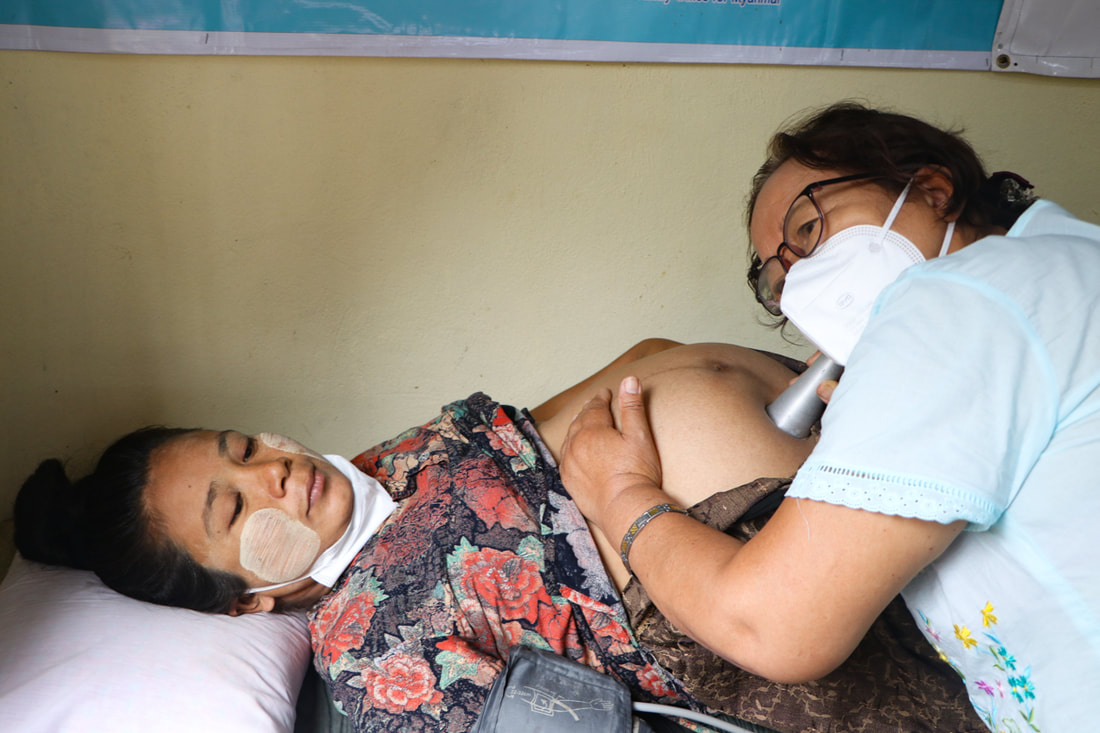
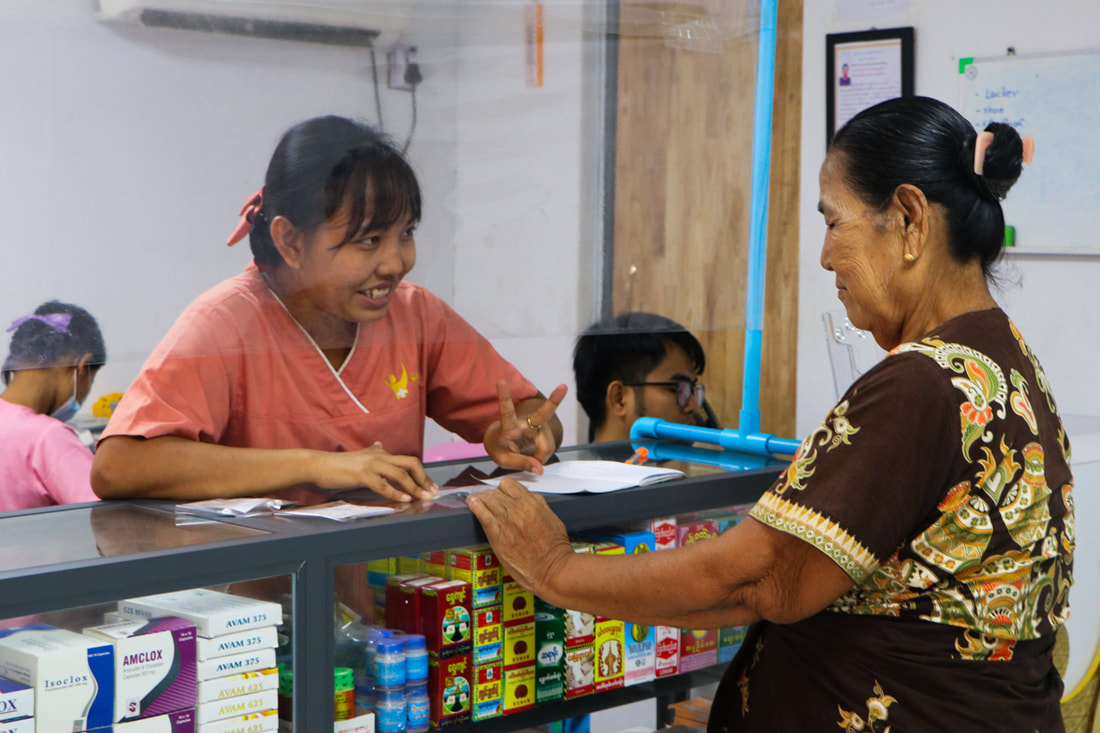
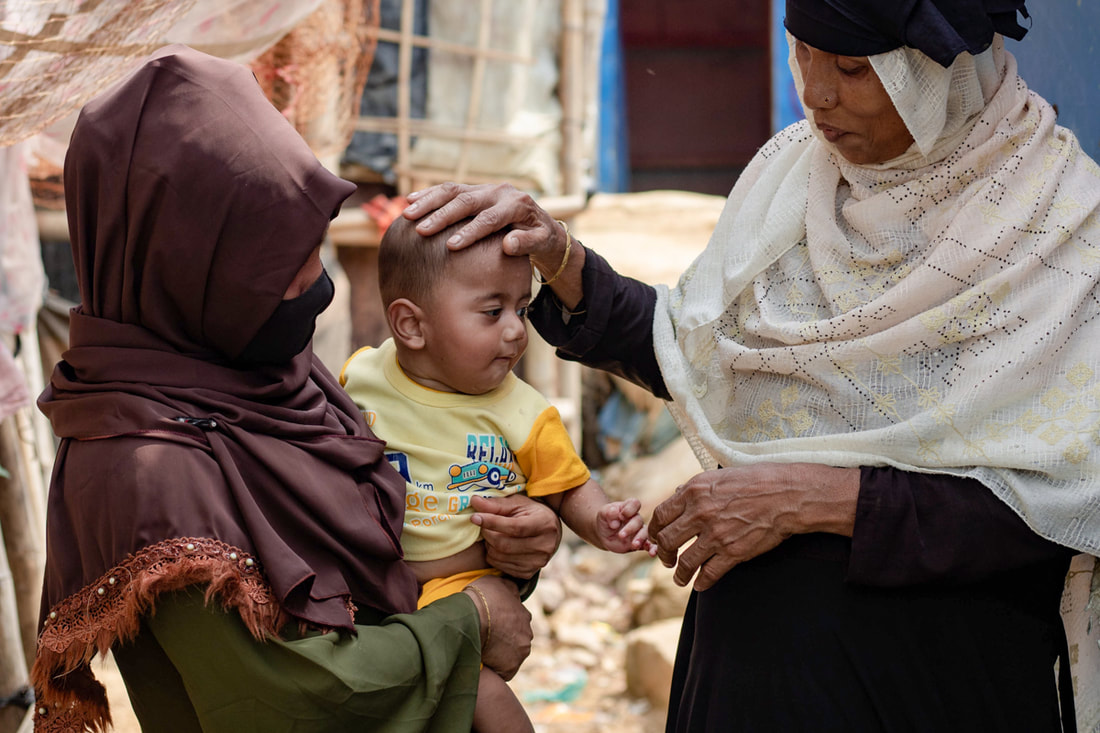
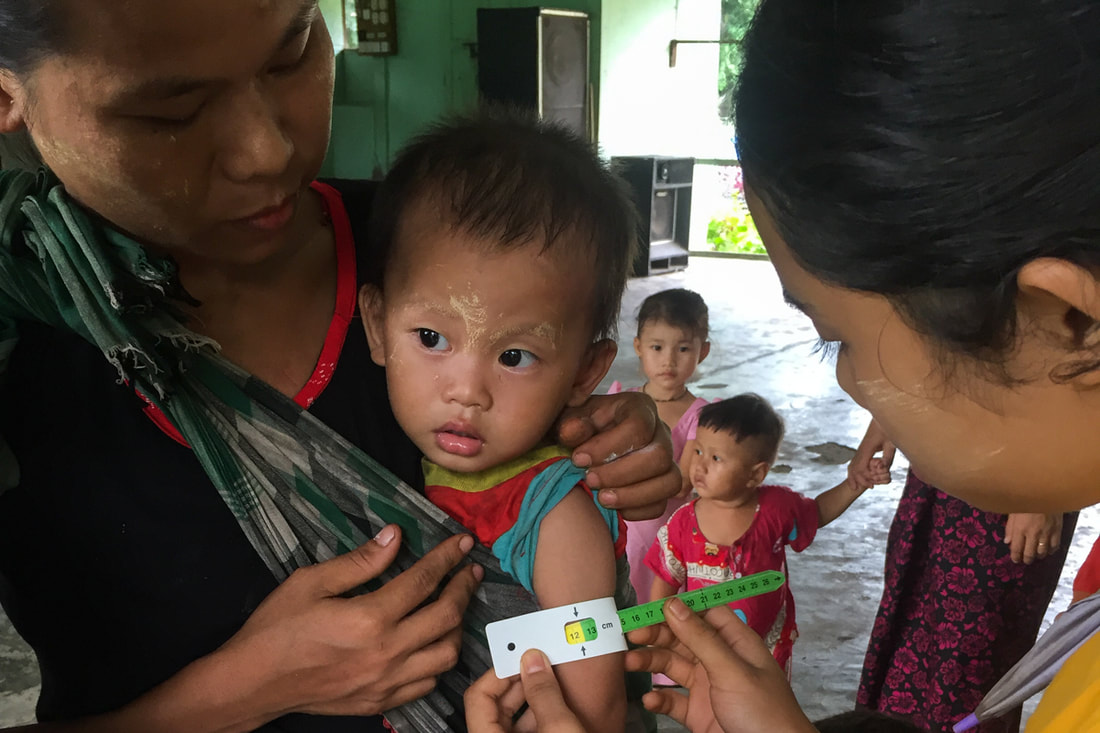
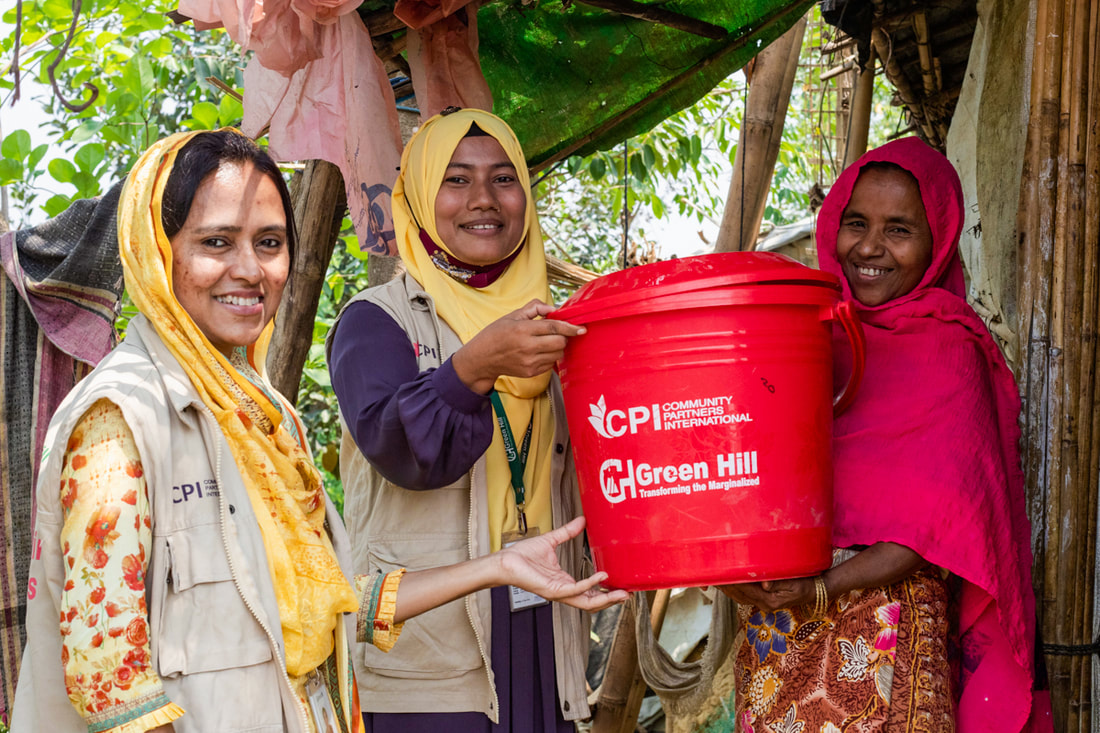
 RSS Feed
RSS Feed
